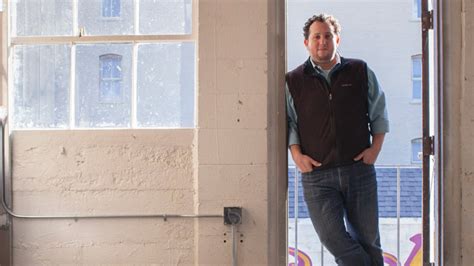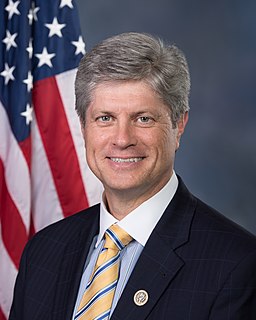A Quote by Maciej Kranz
Device makers, especially consumer-focused ones, have been the Achilles' heel of IoT security. These vendors have often viewed proper security implementations as extra cost, complexity, and time-to-market burdens with an unclear payoff.
Related Quotes
Defending against military-strength malware is a real challenge for the computer security industry. Furthermore, the security industry is not global. It is highly focused in just a handful of countries. The rest of the countries rely on foreign security labs to provide their everyday digital security for them.
The other players of job market are Global Competitors, the glamour corporations in high technology, telecom, entertainment, consumer products and pharmaceuticals who are the headline makers as they move jobs, services and production around the globe. They pay the highest salaries, but offer little in terms of job security, training, or careers.
Individual security bargains may be located by the process of security analysis practically at any time. They can be bought with good overall results at all periods except when the general market itself is clearly in a selling range for investors. They show up to best advantage during the years in which the market remains in a relatively narrow and neutral area.
Human beings have a drive for security and safety, which is often what fuels the spiritual search. This very drive for security and safety is what causes so much misery and confusion. Freedom is a state of complete and absolute insecurity and not knowing. So, in seeking security and safety, you actually distance yourself from the freedom you want. There is no security in freedom, at least not in the sense that we normally think of security. This is, of course, why it is so free: there's nothing there to grab hold of.
I am worried about this word, this notion - security. I see this word, hear this word, feel this word everywhere. Security check. Security watch. Security clearance. Why has all this focus on security made me feel so much more insecure? ... Why are we suddenly a nation and a people who strive for security above all else?
First of all, the Social Security money belongs to Main Street, not to Wall Street. It needs to be said very clearly here that privatization is off the table... Social Security, as a matter of fact, is a better investment now than the stock market. There's a higher return. There's guaranteed cost-of-living increases. Privatization you have to worry about the value of your account.
We have a media that goes along with the government by parroting phrases intended to provoke a certain emotional response - for example, "national security." Everyone says "national security" to the point that we now must use the term "national security." But it is not national security that they're concerned with; it is state security. And that's a key distinction.
The latest trade of a security creates a dangerous illusion that its market price approximates its true value. This mirage is especially dangerous during periods of market exuberance. The concept of "private market value" as an anchor to the proper valuation of a business can also be greatly skewed during ebullient times and should always be considered with a healthy degree of skepticism.


































